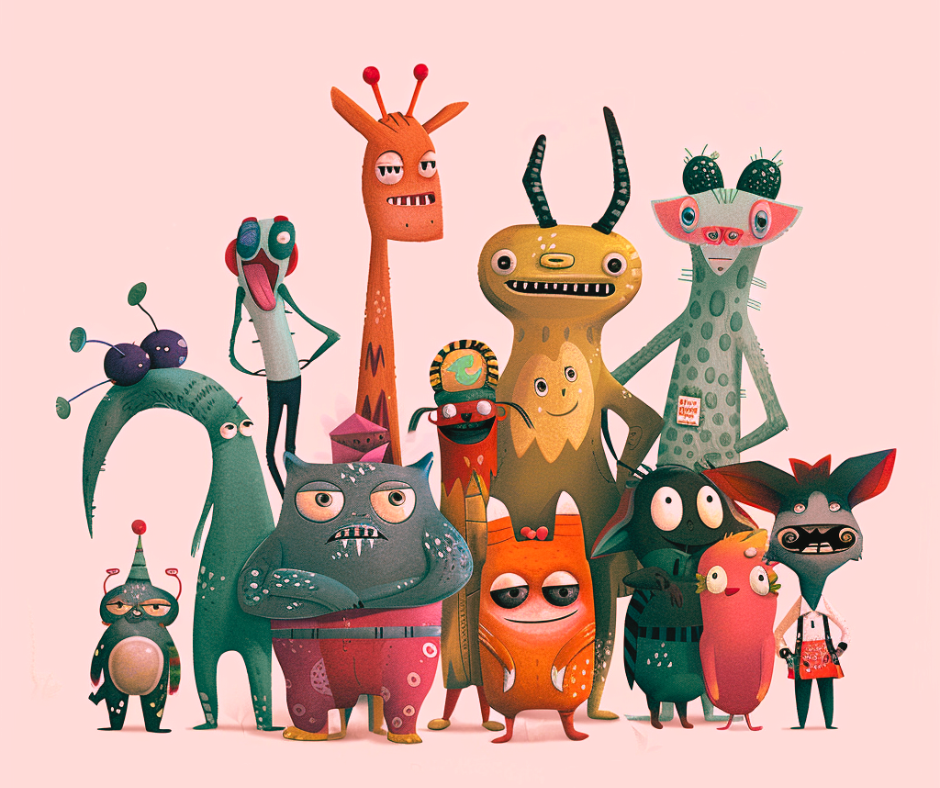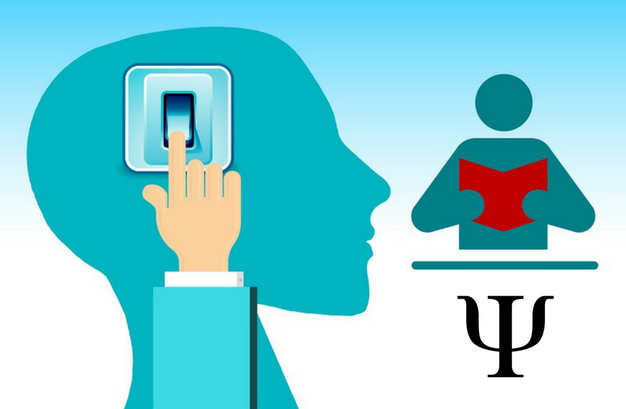Understanding Imaginary Friends:
Development and Significance
Why Do Children Create Imaginary Friends, and What Does It Say About Their Development?
Imaginary friends, or invisible companions, are a common phenomenon among children, often emerging during the preschool years and sometimes extending into later childhood. These imaginary companions can take various forms, including human figures, animals, or even fantastical creatures. The creation of imaginary friends is a normal part of development and can provide insights into a child's cognitive, social, and emotional growth. This detailed exploration will discuss the reasons why children create imaginary friends and what these creations signify about their development, supported by research and studies in the field of psychology.
Cognitive Development
Imaginary friends can be a manifestation of a child's burgeoning imagination and cognitive abilities. During the preschool years, children undergo significant cognitive development, particularly in their ability to engage in symbolic thinking. This is the ability to use objects, actions, or ideas to represent other objects, actions, or ideas, which is fundamental to the development of language, play, and imagination.
Jean Piaget's theory of cognitive development outlines that children in the preoperational stage (ages 2-7) are increasingly capable of symbolic thought (Piaget, 1952). The creation of imaginary friends is a clear example of this capacity. These friends often serve as a canvas for children to project their thoughts, feelings, and experiences, allowing them to practice and refine their cognitive skills in a safe and controlled environment.
Social Development
Imaginary friends can also play a crucial role in a child's social development. Through interactions with these companions, children can practice social roles and norms, enhance their communication skills, and explore different aspects of relationships. This process can be particularly beneficial for shy or introverted children, providing a low-pressure context for practicing social interactions.
Research by Gleason, Sebanc, and Hartup (2000) found that children with imaginary friends often demonstrate better social skills and are more sociable with their peers. These children tend to engage in more complex and imaginative play, which is associated with higher levels of creativity and social competence.
Emotional Development
Emotionally, imaginary friends can serve as a coping mechanism for children dealing with stress, anxiety, or loneliness. These companions can provide comfort and support, helping children navigate challenging emotions and situations. Imaginary friends can also be a means for children to express and manage their feelings, offering a sense of control and stability.
Studies have shown that children who create imaginary friends often display higher levels of emotional intelligence. They are more adept at understanding and articulating their own emotions and those of others (Hoff, 2005). This emotional awareness can contribute to better emotional regulation and resilience.
Personality Traits
The presence of imaginary friends can also reflect certain personality traits and characteristics. Children who are highly creative, imaginative, and open to new experiences are more likely to create imaginary friends. These traits are often associated with higher levels of creativity and problem-solving skills later in life.
In a study conducted by Taylor, Cartwright, and Carlson (1993), it was found that children with imaginary friends scored higher on measures of creativity and divergent thinking. These children often exhibit a rich inner life and a strong capacity for imaginative play, which can be beneficial for their overall development.
Parental and Environmental Influences
The environment in which a child grows up can also influence the likelihood of creating imaginary friends. Children in environments that encourage creativity and imaginative play are more likely to develop such companions. Additionally, parenting styles that foster independence and self-expression can contribute to the emergence of imaginary friends.
Parents' attitudes toward imaginary friends can also impact their child's experience. Supportive and accepting parents can help children feel validated and understood, fostering a positive relationship with their imaginary companions. Conversely, dismissive or critical attitudes may hinder a child's willingness to engage in imaginative play.
Conclusion
In summary, the creation of imaginary friends is a normal and healthy aspect of childhood development. It reflects a child's cognitive, social, and emotional growth, offering valuable insights into their inner world. Imaginary friends can enhance a child's creativity, social skills, and emotional intelligence, providing a safe and supportive context for exploring different aspects of their identity and relationships.
By understanding the reasons behind the creation of imaginary friends and recognizing their developmental benefits, parents and caregivers can better support their children's imaginative play. Encouraging creativity and providing a nurturing environment can help children thrive and develop the skills they need to navigate the complexities of the real world.
References
Gleason, T. R., Sebanc, A. M., & Hartup, W. W. (2000). Imaginary companions of preschool children. Developmental Psychology, 36(4), 419-428.
Hoff, E. V. (2005). Imaginary companions, creativity, and self-image in middle childhood. Creativity Research Journal, 17(2-3), 167-180.
Piaget, J. (1952). The origins of intelligence in children. New York, NY: International Universities Press.
Taylor, M., Cartwright, B. S., & Carlson, S. M. (1993). A developmental investigation of children's imaginary companions. Developmental Psychology, 29(2), 276-285
Want To Read More Great Articles?
See following link to check out a fascinating collection of psychology articles by leading academics and researchers.
This Psychology Symbol - Vintage Retro Striped Sunset T-Shirt is available from Amazon (prime eligible) in a range of colors for women and men. Sales help support this website, which has been providing free and comprehensive information and resources for psychology students and educators since 2008.
Recent Articles
-
Psychology Articles by David Webb
Feb 10, 26 06:31 AM
Discover psychology articles by David Webb, featuring science-based insights into why we think, feel, and behave the way we do. -
Music and Memory: How Songs Shape Identity, Emotion, and Life Stories
Feb 10, 26 06:25 AM
How music and memory intertwine to preserve identity, evoke emotion, and anchor life stories. A psychological look at playlists, nostalgia, and the brain. -
Dr. Jody Carrington Interview | Trauma, Connection, and Mental Health
Feb 04, 26 08:18 AM
Interview with Dr. Jody Carrington on trauma integration, loneliness, burnout, and what it really means to feel seen.
Know someone who would love to read Understanding Imaginary Friends: Development and Significance? Share this page with them.
Please help support this website by visiting the All About Psychology Amazon Store to check out an awesome collection of psychology books, gifts and T-shirts.
Go From Understanding Imaginary Friends: Development and Significance Back To The Home Page







